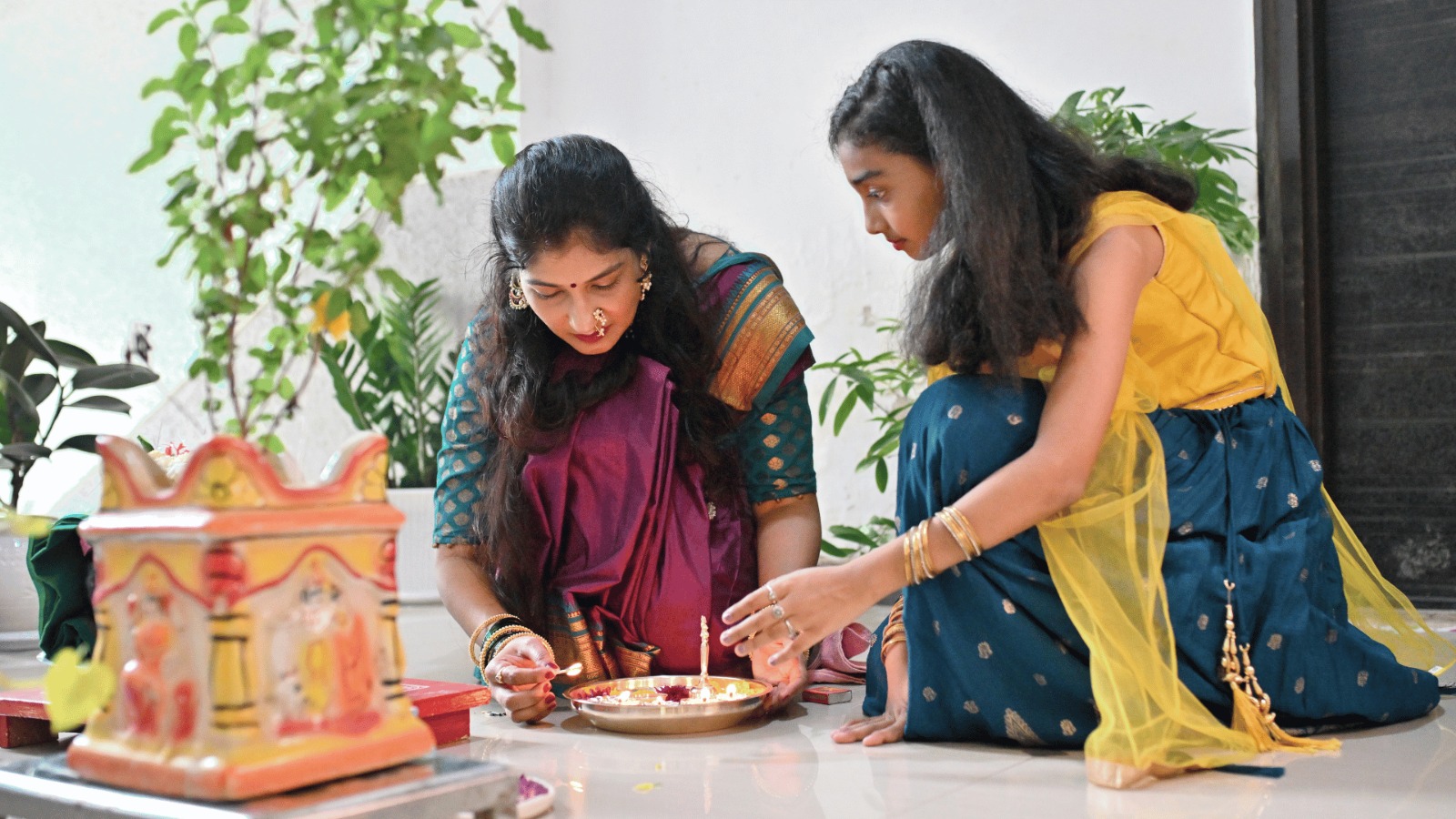Blog
Tulsi Vivah: Dos and Don’ts for Prosperity and Blessings
Author: Astrologer
Category: Astrology
Posted on: Oct 31, 2025

Introduction
Tulsi Vivah is one of the most auspicious Hindu rituals that marks the ceremonial marriage of Tulsi (Holy Basil) with Lord Vishnu in the form of Shaligram or Krishna. It is celebrated every year on the Ekadashi tithi of the Shukla Paksha in the month of Kartik, usually falling between late October and mid-November. This sacred event not only symbolizes the end of the monsoon and the beginning of the Hindu wedding season but also holds deep spiritual and astrological significance. Performing Tulsi Vivah with devotion brings harmony, prosperity, and spiritual growth in life. However, like every ritual, there are certain dos and don’ts to observe during this divine occasion.
Also read - Exploring the Intriguing Connection: Numerology and Astrology
What to Do During Tulsi Vivah
Purify the Home and Tulsi Plant
Before the rituals begin, clean your house and the area where the Tulsi plant is placed. Decorate the Tulsi with a red or yellow cloth, ornaments, and flowers. The plant should look like a bride, representing Goddess Lakshmi herself.
Set Up the Shaligram or Vishnu Idol
Place the Shaligram or Lord Vishnu’s idol beside the Tulsi plant, symbolizing the groom. Both are worshiped together as a divine couple. Chanting the Tulsi Vivah Mantras and Vishnu Sahasranama enhances the positive vibrations.
Perform the Marriage Rituals Properly
The ceremony is conducted much like a traditional Hindu wedding—with mangal sutra, pheras, and kanyadaan. Offer sweets, fruits, jaggery, and sacred water to the divine couple. Lighting a ghee lamp and offering incense adds to the spiritual atmosphere.
Observe Fasting and Offer Prayers
Many devotees observe a partial or full-day fast before the Vivah. It is believed that fasting with faith purifies the mind and body, making one more receptive to divine blessings.
Seek Blessings for Harmony and Prosperity
Tulsi Vivah is especially auspicious for those facing delays in marriage. Offering prayers on this day is believed to remove obstacles, attract good fortune, and strengthen marital relationships.
Chat here: Chat with astrologer online
What Not to Do During Tulsi Vivah
Avoid Cutting or Plucking Tulsi Leaves
On the day of the Vivah and Ekadashi, Tulsi leaves should not be plucked or cut. Instead, use leaves collected a day before for rituals.
Do Not Perform the Ritual Without Cleanliness
Performing the ceremony without proper personal and environmental cleanliness is considered disrespectful. Always bathe before the puja and wear clean, traditional attire.
Refrain from Consuming Non-Vegetarian Food or Alcohol
Avoid meat, alcohol, onion, and garlic during Tulsi Vivah. The day is meant for purity, devotion, and sattvic energy.
Do Not Conduct the Puja During Inauspicious Hours
The rituals should be performed during Shubh Muhurat (auspicious time), generally after sunset on Ekadashi. Avoid performing it during Rahu Kaal or Bhadra periods.
Conclusion
Tulsi Vivah is not just a ritual—it’s a spiritual union that reminds us of the harmony between nature and divinity. By following the right practices and avoiding prohibited acts, devotees invite divine blessings, prosperity, and peace into their lives. The sacred bond of Tulsi and Vishnu symbolizes the power of devotion, purity, and eternal love. When celebrated with sincerity and awareness, Tulsi Vivah transforms the atmosphere with divine energy, blessing every heart with joy and spiritual fulfillment.
Have any questions? Speak with an astrologer: Download the App Now






 SIGN IN WITH GOOGLE
SIGN IN WITH GOOGLE